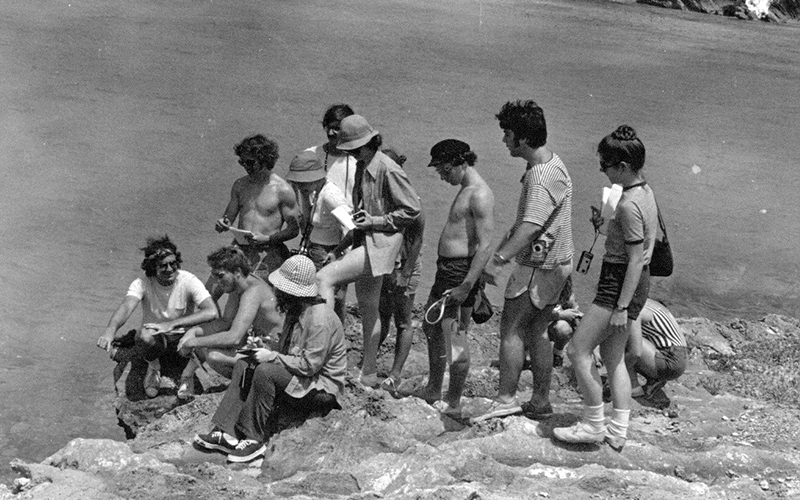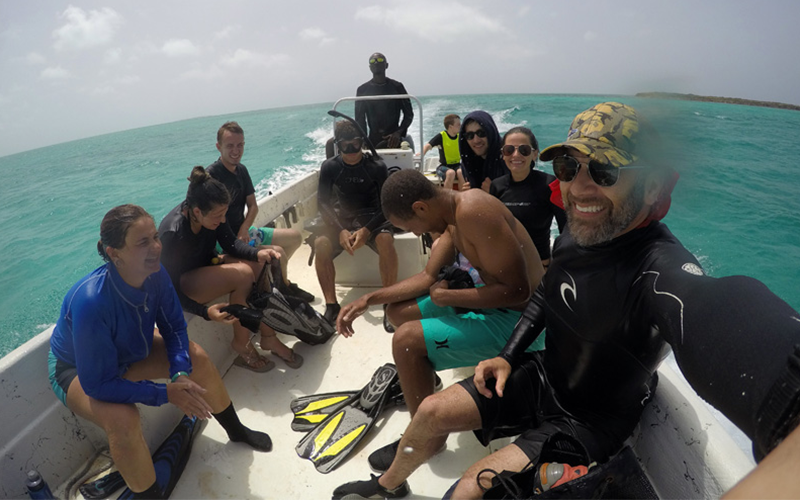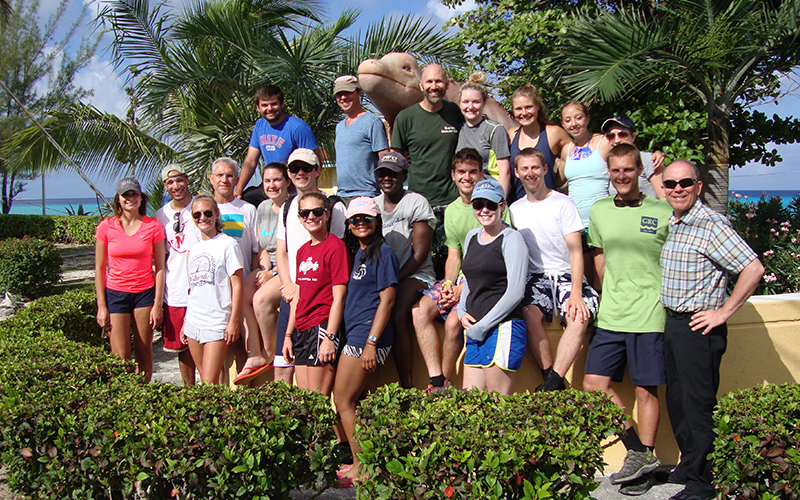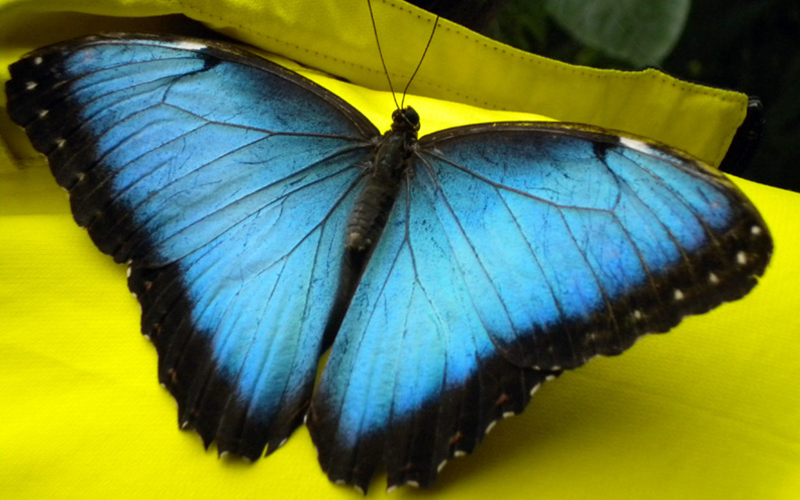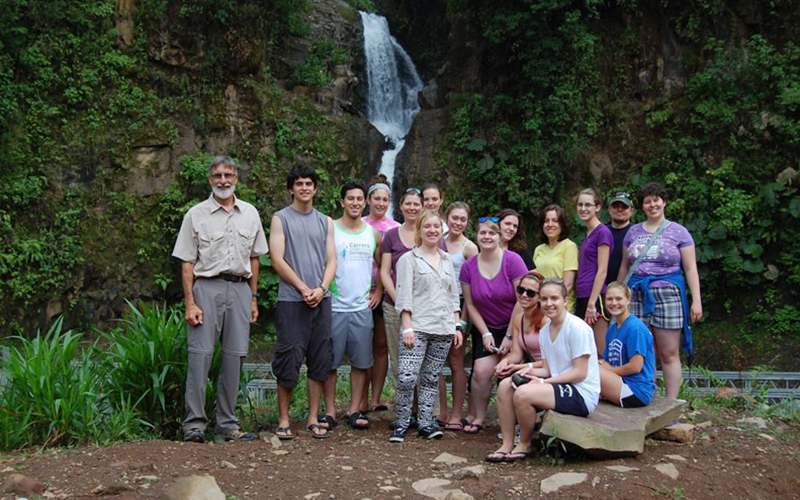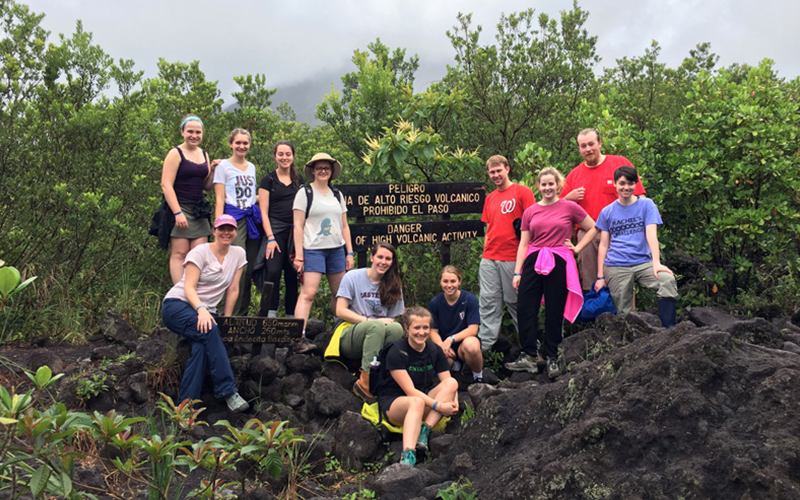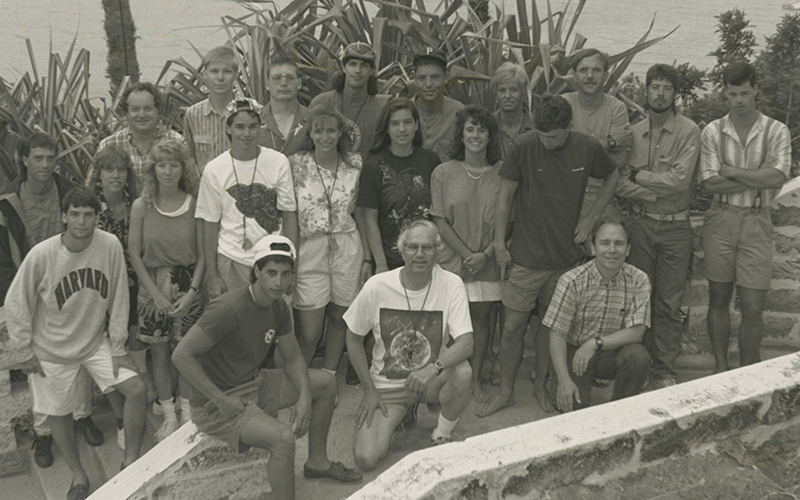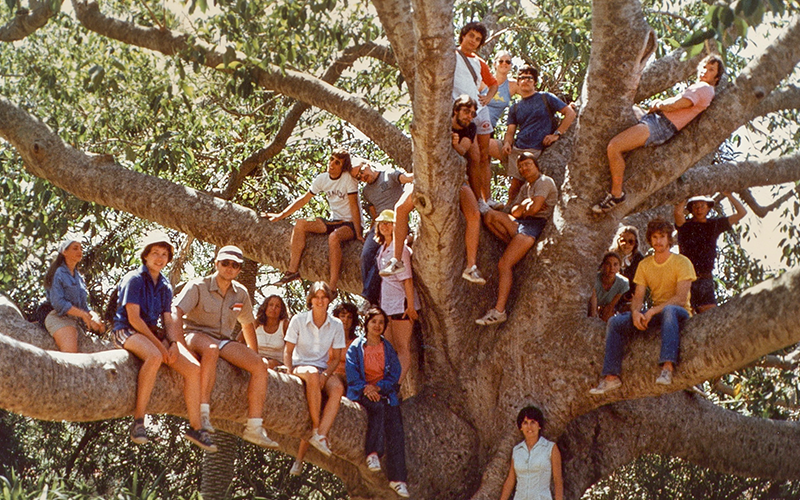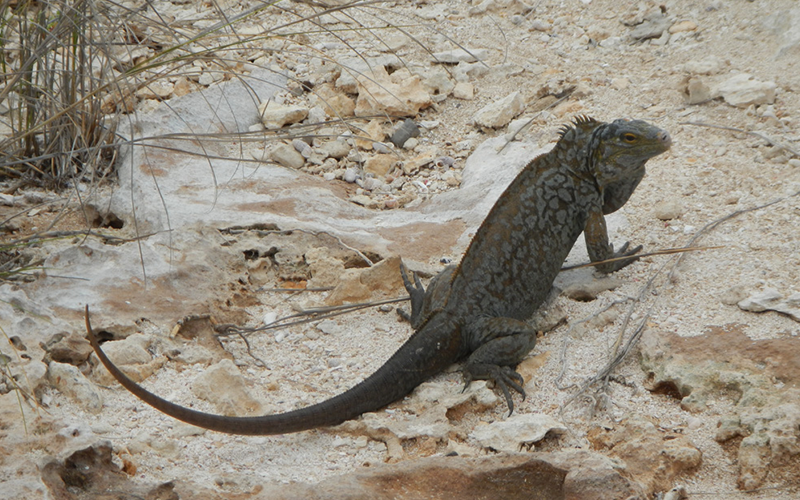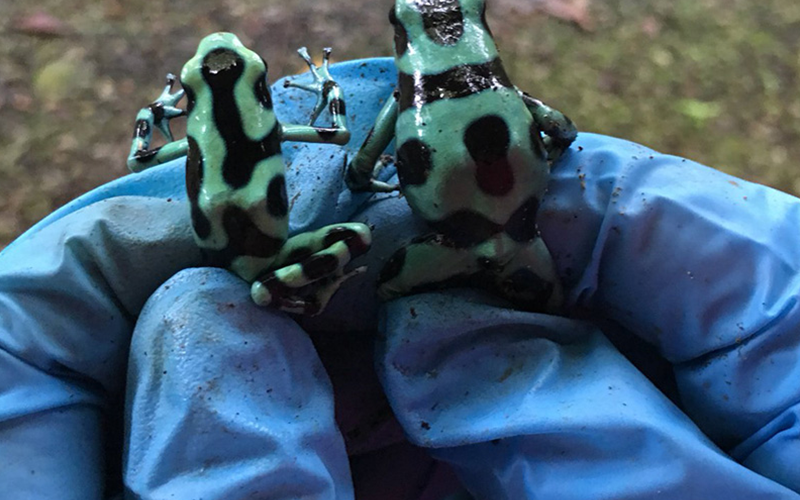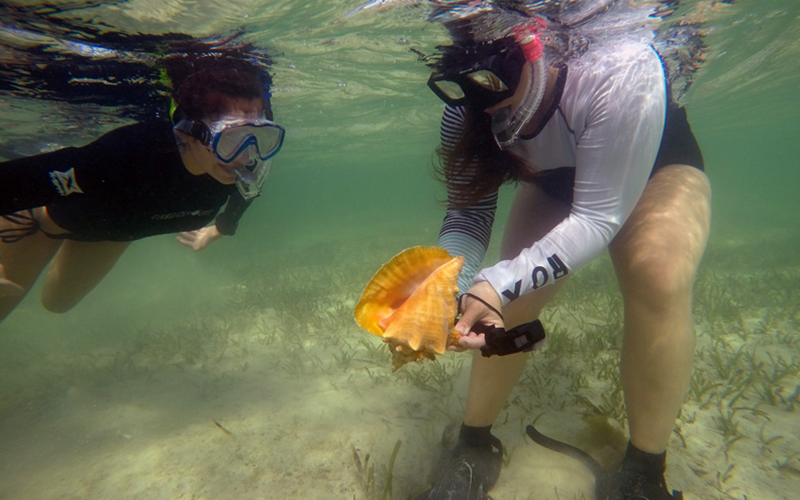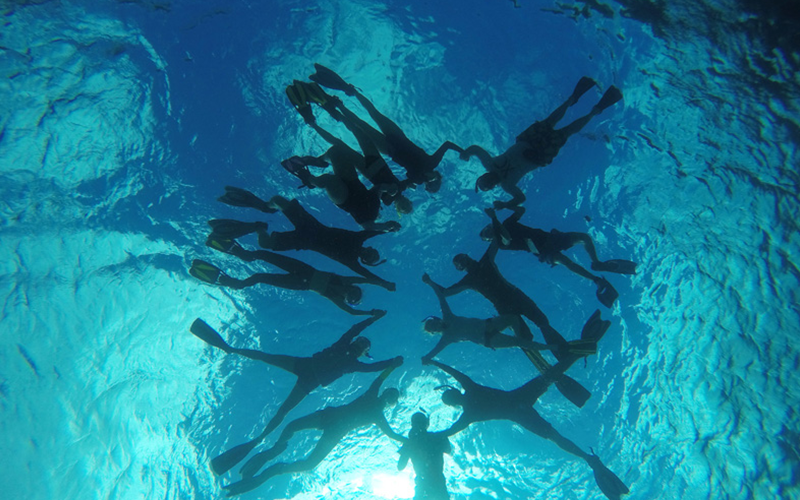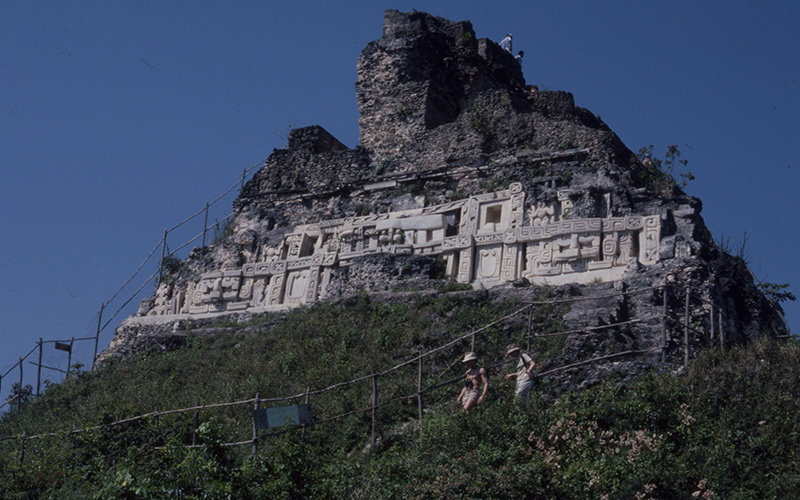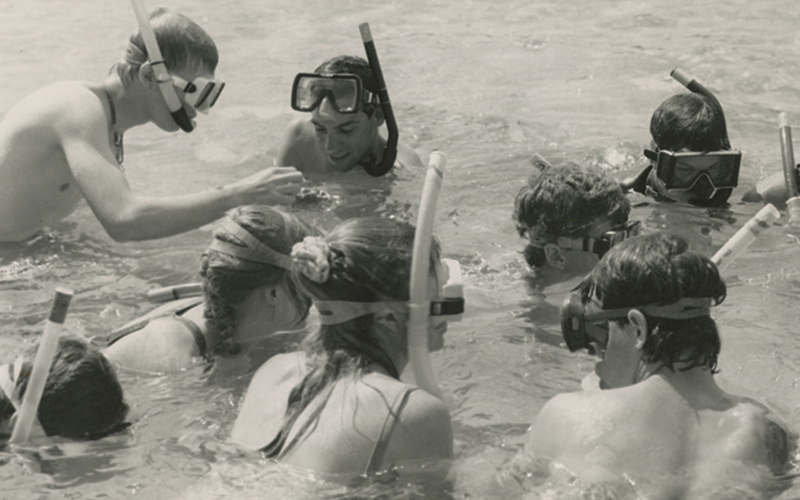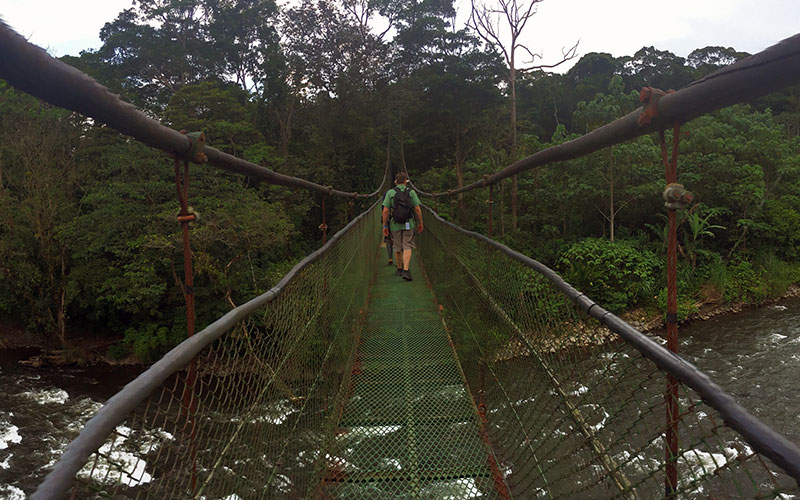- Apply
- Visit
- Request Info
- Give
Scroll

Since 1968, Eastern biology professors have taken students on a tropical biology field course in the Caribbean Basin. The unique annual field experience for Eastern students had its genesis when Biology Professor William Jahoda visited Bermuda in the summer of 1966 to give a lecture for the National Audubon Society. Two summers later he was bringing students to the island. Over the years, the cast of faculty mentors included Ralph Yulo (Education Department) and biologists Barry Wulff, Mike Gable, Phillip Elliott, Ross Koning and Charles Booth. Current Tropical Biology faculty include Patricia Szczys, Josh Idjadi, Matthew Graham, Brett Mattingly and Kristen Epp.
Destinations have changed over time, with Bermuda being the first destination. In 1984, the department introduced Jamaica as a second location, with Belize taking its place in 1986. Bermuda and Belize alternated each year until 2001, when students and faculty mentors began visiting the Gerace Research Center on San Salvador Island in the Bahamas, replacing Bermuda as a bi-annual destination. Costa Rica replaced Belize as a site in 2008 and has alternated with the Bahamas as the annual destination ever since.
During the Bermuda period, the course was called Oceanic Island Ecology, and gave students access to the most northern coral reefs in the Atlantic Ocean.
In May 2018, the trip to Costa Rica marked the department’s 50th anniversary. The field course in Costa Rica increases student understanding of tropical ecosystems by reviewing fundamental concepts of tropical ecology, as well as various topics currently attracting research attention. Considerable effort is devoted to assignments and activities designed to enhance educational value. In addition to factual and conceptual content, the course centers on the design and execution of field studies in tropical biology.
In alternating years, students travel to San Salvador Island in the Bahamas where they study the biology of tropical terrestrial and marine ecosystems. Marine studies focus on coral reef, sea grass bed, mangrove, beach and rocky shore communities. Terrestrial studies examine cave, mud flat, sand dune and upland shrub communities. San Salvador’s flora and fauna include both native and introduced species, making the island a natural laboratory for studying island biogeography.


